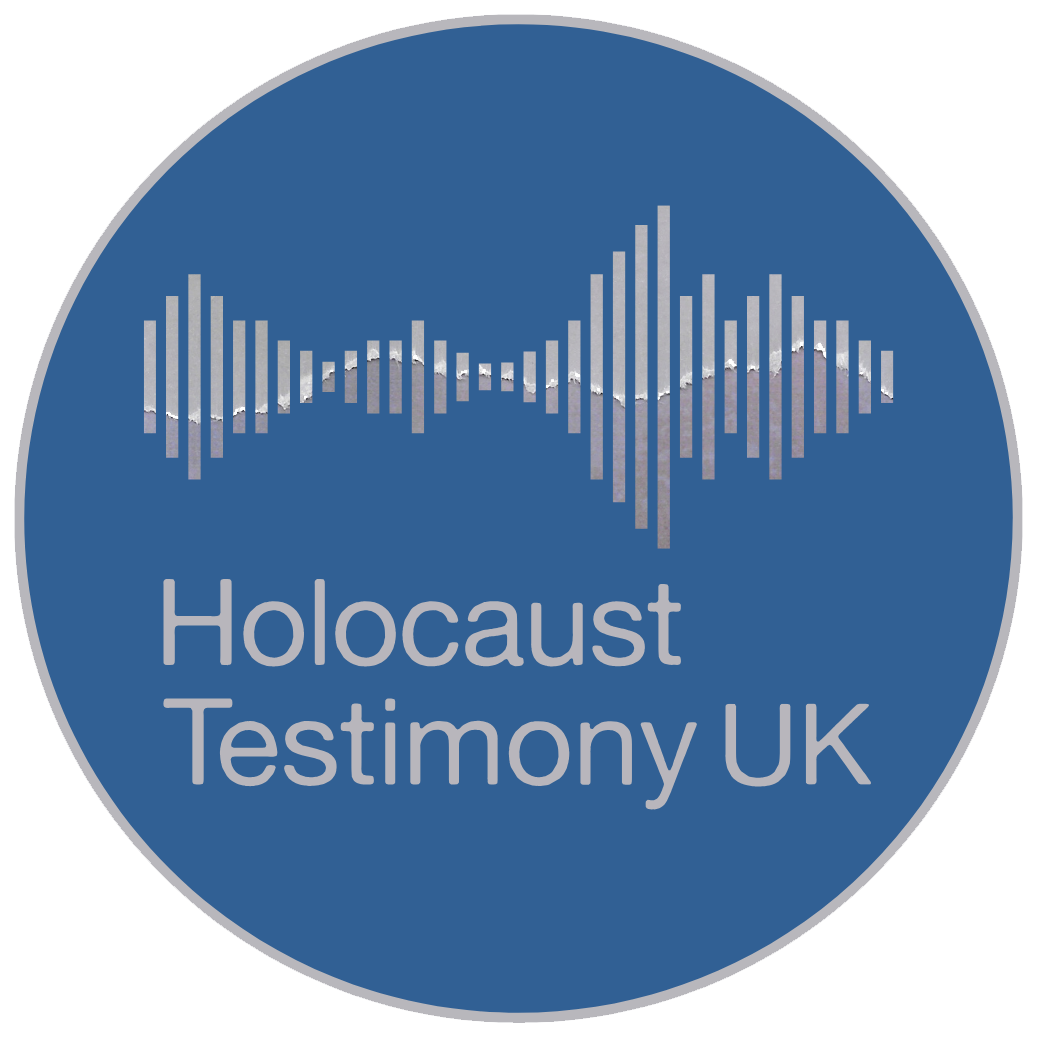External Links
Interview(s) below aren't available on our site but may be available online from partner sites. If not, please contact the partner archive directly to arrange access.

Interviewee Summary
Lili Pollock (nee Schwarz) was born in Vienna on 8 April 1917 to Czech parents. She was the second of 3 children. Her parents were orthodox. Her mother had been a dressmaker and her father was a signpost writer. He served in the army during World War I. The family lived in a two bedroom apartment and attended the Pazmaniten Gasse Synagogue. Lili went to the state school in that street. She had a very happy childhood in Vienna and was friendly with Jews and non Jews. She belonged to a mixed youth group and to Makkabi. After school she worked as a lingerie model.
She never encountered antisemitism prior to the Anschluss in 1938. Then her married sister was dragged onto the street to scrub the pavement. Lili was taken to the Gestapo to scrub the basement. Her sister emigrated to England to be a domestic. She experienced the November Pogrom (Kristallnacht) and the burning of the synagogues. Lili’s father was arrested. Their flat was confiscated and given to a Christian family. Lili was able to obtain a visa for her family for Shanghai and so her father was released. But her parents did not want to go there, so they were smuggled into Belgium and lived in Antwerp. Lili stayed in Vienna sending them a monthly case and money and helped to get Shanghai visas for other incarcerated families. She was denounced but escaped on a visitor's permit to England visiting her parents in Antwerp on the way. She arrived in England in April 1939 and stayed overnight with her sister. Bloomsbury House arranged for Lili to be a domestic with a Jewish family in Stamford Hill. Lili had to look after two children. She was treated reasonably well. She could find no-one to act as guarantors for her parents and brother even though both her sisters were earning money. On the outbreak of war she was evacuated with other children to a family in Devon for two months. She stayed with this family for over a year, then she and her sister became domestics for a vicar in Bedford. From there she came to Harrogate with help of Minister Kahan. She worked in a Jewish boarding house, then at Betty’s Café. She and her sister married after the war and bought a boarding house. After a year they bought the Manor Hotel, the ninth Jewish Boarding House in Harrogate. They successfully ran it until the 1970s.

Testimonies
1 June 1993
Institution
External Link
External Link
External Link
10 April 2003
Institution
External Link
External Link
External Link
1 January 1993
Institution
External Link
External Link
External Link


INTERVIEWEE:
Lili P.
Born:
1917
Place of birth:
Vienna

Photos
Caption
Institution
External Link
External Link
External Link

Caption
Institution
External Link
External Link
External Link

Caption
Institution
External Link
External Link
External Link

Maps
Place of Birth
Vienna
Place of Interview
Location
Recorded Talks
Place of Birth
Vienna
"The whole reason that we have this interview is to let future generations know what kind of life of we had so they should have a better life, not have to suffer through all the traumas we had to suffer. As time goes on the memory of those days and the importance of it will dim, and this programme will help keep it in people's minds and hopefully let future generations have a better life. It should be a better world."
- Arnold Weinberg, AJR Refugee Voices Testimony Archive.
"The distribution of life chances in this world is often a very random bus"
- Peter Pultzer.

Experiences:
Tag

